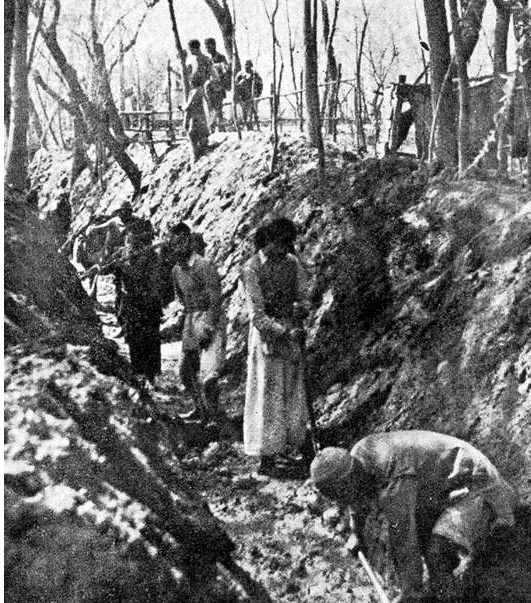Kashmir was originally home to an elaborate network of farmer owned and managed canal based irrigation systems. Gradually, with the increase in planned development, several irrigation canals were taken under the control of the irrigation department. This paper compares the management of irrigation systems by farmers and government.

Global studies indicate that farmer managed systems are more efficiently and equiltably managed than government systems; in Kashmir, the situation is reversed with the government systems being better operated and maintained than the farmer managed systems. These are also managed more equitably with even the tail enders getting a fair share of the water.
The paper examines twenty-one irrigation schemes for the state of maintenance and the pros and cons of the two management systems. It discusses the following aspects of irrigation systems in Kashmir:
- Status of irrigation development
- Water sources and technologies adopted by the irrigation systems
- Scheme size and beneficiary population of the studied schemes
- Management methods of the studied irrigation schemes
- Water committees: their formation, function and dissolution
- Performance of the irrigation schemes: Agricultural and financial
- Problems facing the schemes
- Factors responsible for transfer of management, and the process of transfer
The author speculates that the ongoing insurgence/militancy in Kashmir has affected the economic development of its citizens to such an extent that they are no longer capable of managing these public assets. On the other hand, the government demands with their funding are better suited to maintain this infrastructure. Increasingly, farmer managed kuhls are handed over to the irrigation department on the demand of the farmers.
- All defunct / poorly managed irrigation kuhls to be managed by the irrigation department.
- Water committees to be formed for every scheme to manage annual desiltation and for conflict resoultion during the water crisis period.
- Well-managed kuhls to continue under the ownership of the farmers, but with technical guidance and financial assistance from the irrigation department